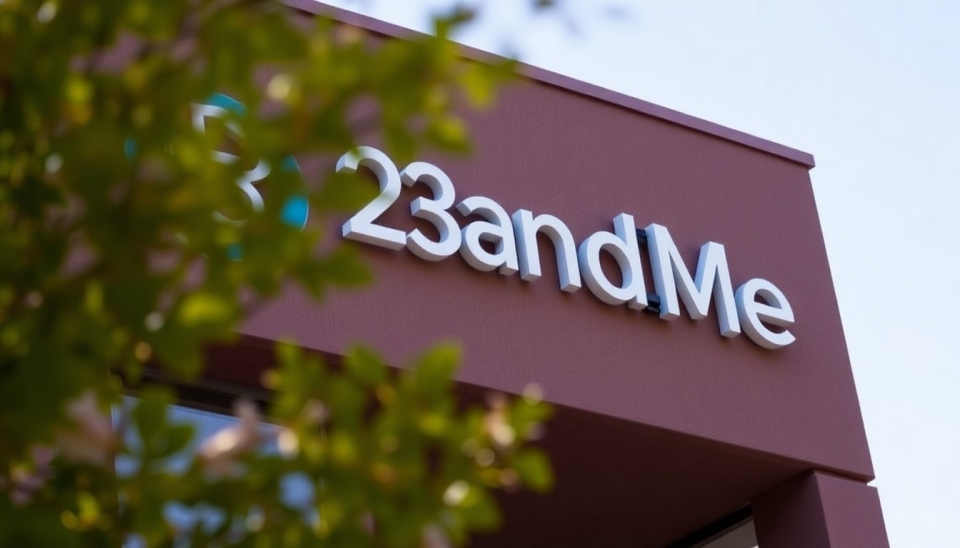
23andMe, the genetic testing company known for its DNA ancestry and health insights, is moving forward with plans to sell its valuable DNA data, despite being currently embroiled in bankruptcy proceedings. This decision has become a point of contention, raising significant concerns over privacy and the ethical ramifications of utilizing personal genetic information.
As the company grapples with financial instability, a court has approved the sale of 23andMe’s DNA database. This database holds a wealth of genetic information derived from millions of customers who opted to share their DNA results. The approval comes at a time when the firm has failed to achieve profitability and faces intense scrutiny regarding its business practices.
While the sale presents an opportunity to generate revenue and potentially secure the company’s future, stakeholders and privacy advocates express deep concerns about the implications of such a transaction. Critics point out that the DNA data, which was shared voluntarily by customers, could be misused if sold to the highest bidder, potentially infringing on users' rights to privacy and control over their genetic information.
23andMe, which once epitomized the promise of personal genomics, is now navigating the murky waters of a market filled with ethical dilemmas and potential backlash. The company has reiterated its commitment to protecting customer data; however, the decision to sell significant portions of this data raises questions about the downstream effects this may have on public trust and future customer interactions.
With the court’s backing, the mechanics of the sale are now being discussed, illustrating a complex balance between financial recovery and ethical responsibility. Discussions also revolve around whether data purchasers will maintain the same level of confidentiality that 23andMe promised its customers.
As 23andMe plots its course through bankruptcy and the impending sale of its genetic data, industry analysts and consumers alike are watching closely. The outcome could set a precedent for how personal genetic information is treated in the corporate sphere, influencing not only 23andMe's future but shaping the industry as a whole.
In light of this situation, the debate surrounding genetic privacy continues to intensify, underscoring the need for stringent regulations in the genetic testing market. The conversations sparked by this development could lead to more robust protections for consumers moving forward, as stakeholders push for reforms that prioritize individual rights over corporate profit.
As this story unfolds, the landscape of personal genomics and data privacy remains a pivotal issue in the tech and healthcare industries, with significant ramifications for consumers and companies alike.
#23andMe #GeneticTesting #DataPrivacy #Bankruptcy #DNAData #EthicalConcerns #ConsumerRights
Author: Liam Carter

